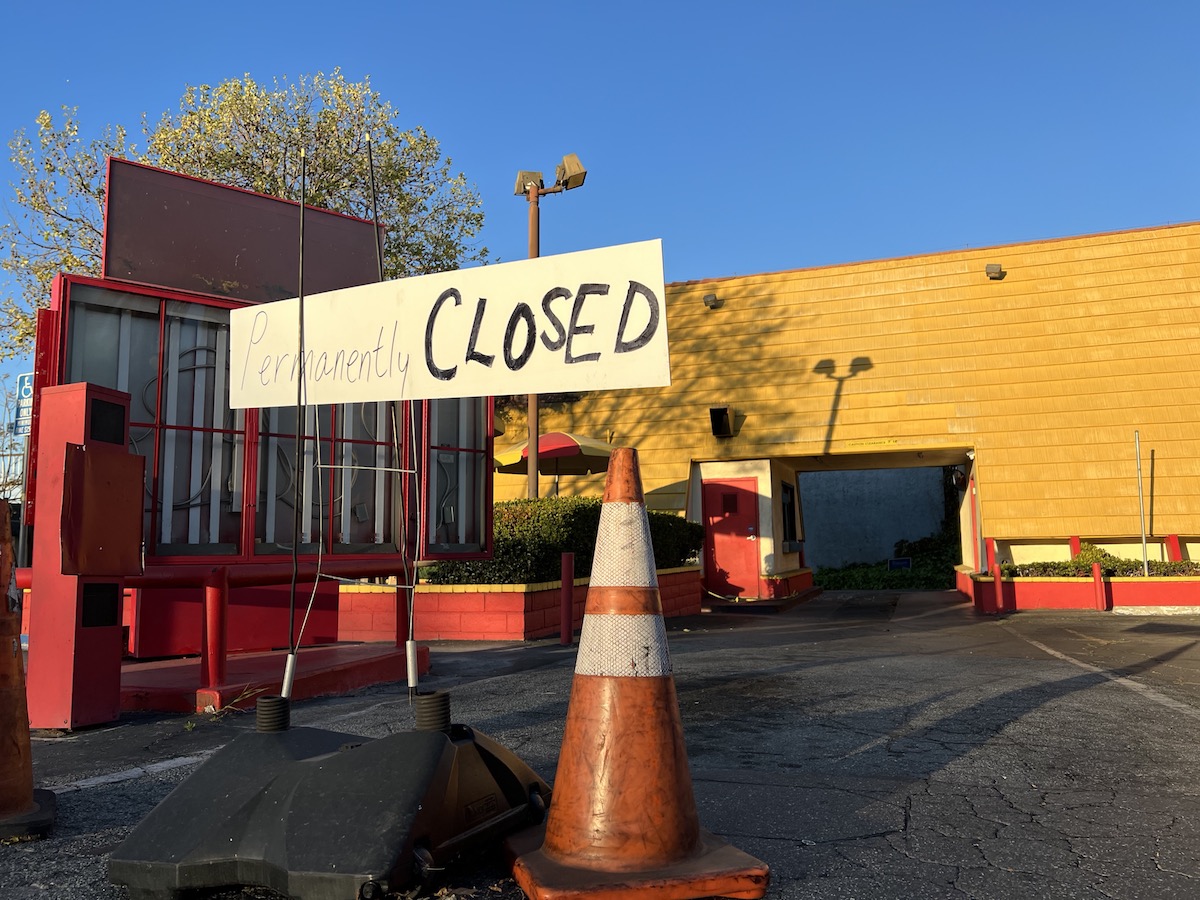Hip-Hop took center stage at Santa Monica High School last Saturday with a hip-hop summit for youth in the morning and a community concert in the afternoon.
The summit’s host was Leila Steinberg, a Samohi graduate, hip-hop producer and educator for over 23 years. She was also Tupac Shakur’s first manager. The summit began with never-before-seen footage of an interview with a rapper in San Quentin Prison who had been a rising star Steinberg worked with, but is now incarcerated for committing murder.
Steinberg stressed, “We cannot talk about hip-hop without talking about every juvenile hall and every prison being filled with black and brown youth and young adults. Out of L.A. we have a movement that has spread all over the world.” In England they name their gangs after Los Angeles gangs, and in Africa they name their gangs after hip-hop artists. “That was not supposed to happen. This art form that we’re talking about today has the possibility of changing what’s happening in this country. I use hip-hop as an art to work behind the walls” of prisons.
Those in attendance were also given the chance to perform. One performer named Past Justice discussed how he spent most of his high school career in juvenile hall but now he’s an artist and a member of a California state advisory board that advises the governor on programs for juvenile justice.
The summit concluded with an interactive panel so students could ask questions of people in the industry. The panelists were Quincy Jones III, the son of music legend Quincy Jones, and Akil from the Jurassic 5 rap group. Jones is the executive producer of hip-hop documentaries on The Freshest Kids, Tupac Shakur: Thug Angel and the Beef trilogy.
Akil discussed his background, noting that he is from South Central L.A. and that “hip-hop saved my life in 1983.” He explained the message in his group’s songs is “be yourself.” Akil also said “hip-hop is everywhere, especially in all those places that are influenced by what’s happening in the states.”
Jones described how he got into documentaries. “If we don’t document our own history somebody else is going to do it for us, and they may not do a good job or tell the real story.”
Steinberg is the executive director of Assemblies in Motion, a nonprofit that, according to its website, is a team of artists and educators “who serve at-risk youth in schools and correctional facilities throughout the nation and abroad…[whose] focus is human development through music and art education.” She conducts sessions every Monday night between 8-10 p.m. at the Edgemar Hotel in Santa Monica that are free of charge for youth who want to express themselves and/or want to get some help in pursuing hip-hop as a career.












